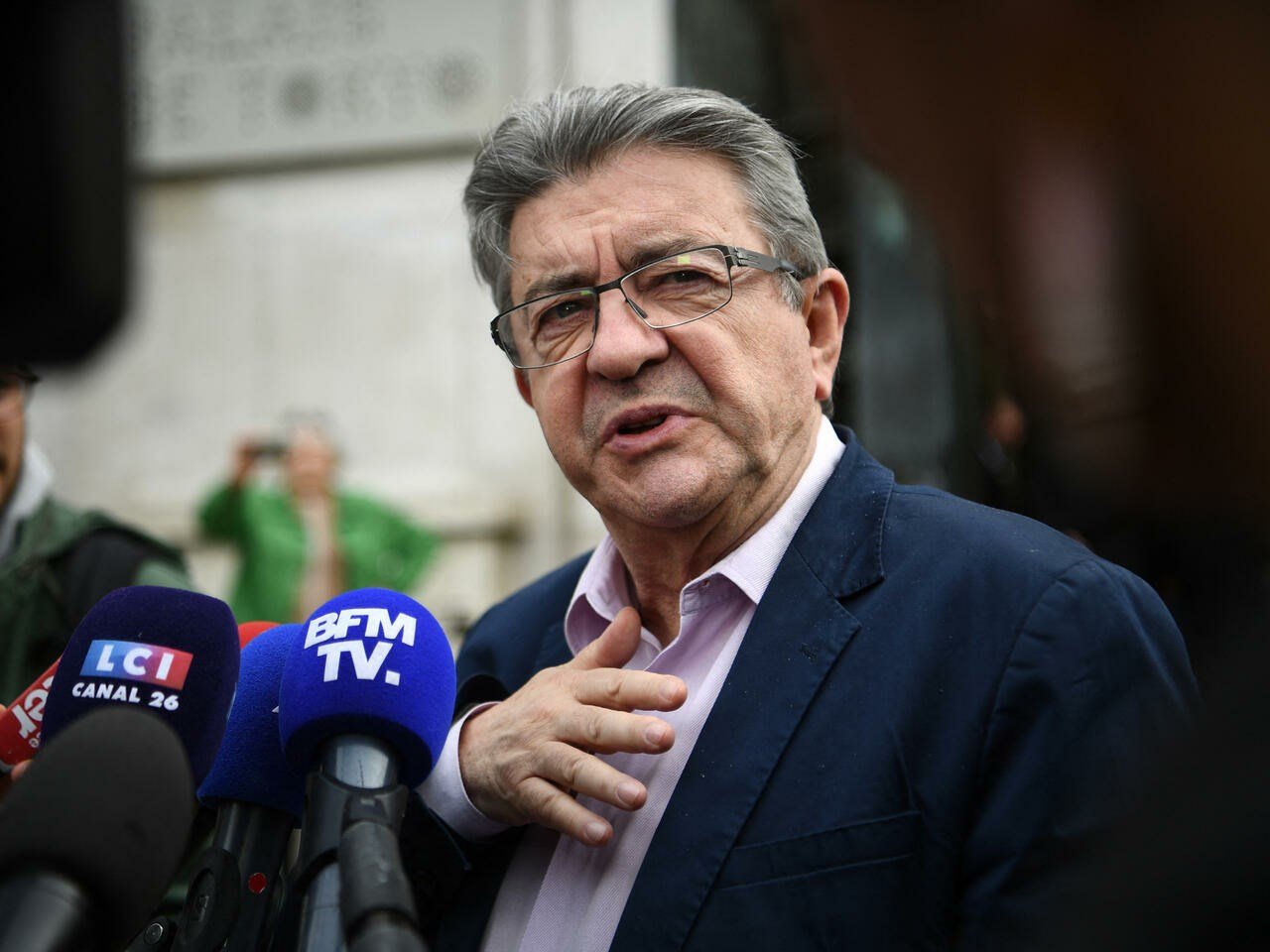French left agrees on a rare coalition deal to hamper Macron
The Socialist Party (PS) appeared to be on track to join the Greens and Communist Party (PCF) in backing the hard-left France Unbowed movement (LFI).
-

French left set to seal an alliance to hamper Macron.
France's left-of-center parties are set to ally for the June parliamentary elections, thinking that by working together, they will be able to stymie President Emmanuel Macron's contentious reform plans.
After talks stretched past a Tuesday deadline, the Socialist Party (PS) appeared to be on track to join the Greens and Communist Party (PCF) in backing the left-leaning France Unbowed movement (LFI), which emerged as the dominant force on the left in the April presidential election.
An "overall deal is on track" after an overnight breakthrough on allocating constituencies, although "negotiations on substance will continue," a senior PS source told AFP.
"No one on the left can win on their own," PCF leader Fabien Roussel told France Inter radio, saying the new alliance needed to harness "the immense hope among the French public, among workers, among young people who are asking us to unite".
Jean-Luc Melenchon, the leader of the LFI, narrowly missed out on the April presidential runoff vote, while the other left contenders were all but wiped out.
Following Macron's victory, Melenchon quickly urged supporters to "elect him prime minister," giving the left a National Assembly majority to obstruct the centrist's policies, notably an unpopular plan to raise the retirement age from 62 to 65.
The parliamentary elections in France's 577 seats, like the presidential election, are held in two rounds, which means that alliances formed early have the best chance of making it to the run-off.
A forced "cohabitation" between Macron and Melenchon would be the first in two decades, but observers say that such a scenario remains unlikely.
'Historic' negotiations'
Major policy disagreements have kept negotiations difficult among the left-wing parties, with LFI's plan to unilaterally "disobey" the requirements of some European Union treaties being a significant sticking point.
However, the new partners have agreed on Melenchon's fundamental policy goals, which include boosting the minimum wage, lowering the retirement age to 60, and reversing labor market reforms implemented by former Socialist President Francois Hollande.
The negotiations are "historic", LFI European MP Manon Aubry told Europe 1 radio, offering each party autonomy within "a common policy framework".
PS heavyweights like Hollande, who was in power just five years ago until the Socialists' steep fall from favor, have made it clear that they oppose the pact.
He has warned that the left-wing alliance could lead to the Socialists' "disappearance."
But Aubry said Wednesday that it was exactly their "important steps concerning Hollande's legacy" that had allowed the Socialists to align with the rest of the left.

 3 Min Read
3 Min Read










